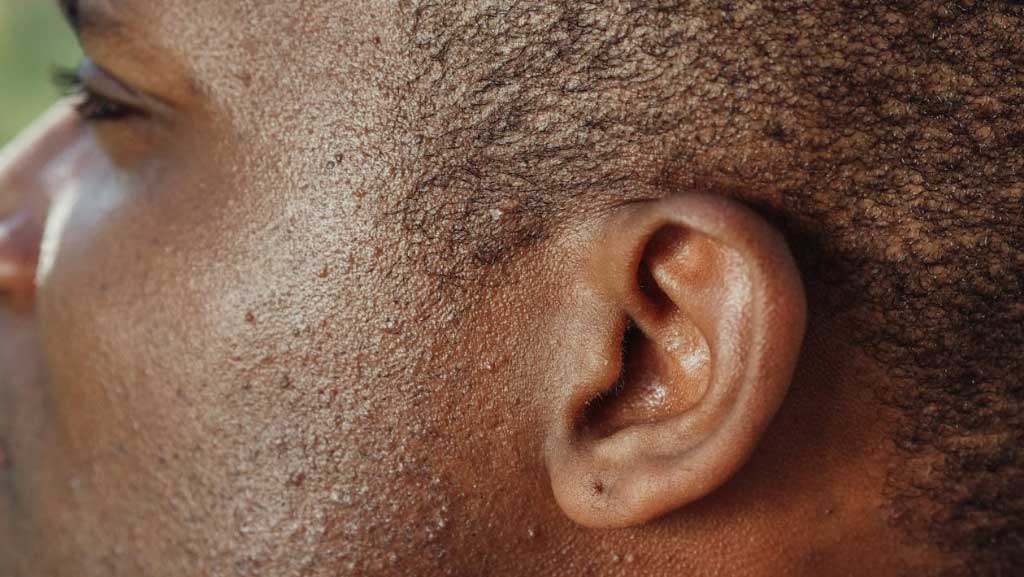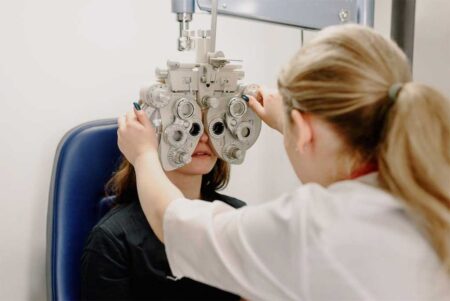When people think of audiologists, they often assume that they only deal with hearing loss. But in reality, audiologists are trained healthcare professionals who specialize in diagnosis and treatment of a wide range of conditions related to the ears. This includes balance issues, tinnitus, and auditory processing problems.
If you’ve been struggling with symptoms like dizziness, ringing in your ears, or muffled hearing. An audiologist may be the expert that you need to see. One of the tools audiologists use to assess inner ear function is a balance test, which plays a critical role in understanding how your ears and brain are working together to keep you on your feet. Here’s how an audiologist can help to improve your overall well-being.

- They can diagnose hearing loss. Hearing loss can come on slowly, making it easy to miss until it starts affecting you in your day-to-day life. Audiologists are trained to conduct thorough hearing evaluations using specialist equipment that measures how well you detect and process sounds. They can identify whether your hearing loss is due to ageing, noise exposure or an underlying medical condition. Based on their findings, they may recommend hearing aids, assistive devices or medical follow up with an ENT.
- Managing tinnitus. If you’re experiencing a persistent ringing, buzzing, or whooshing sound, you’re not alone. Millions of people live with tinnitus, and while there may not be a kill that fits everybody, audiologists can offer customized management plans to help to reduce its impact. This can include anything from hearing aids with tinnitus masking features to sound therapies. Identifying the underlying cause is always the first step, and then the audiologist is the right person to guide you through that process.
- Balance tests and treating dizziness. Did you know that your ears play a huge role in keeping you on your feet and balanced? The inner houses the vestibular system, which sends signals to your brain about your body’s position and movement. When this system is not In Sync, it can lead to dizziness, Vertigo, and balance issues. Audiologists use a variety of tools, including a balance test, to evaluate how your vestibular system is working. These tests can involve monitoring your eye movements, tracking your posture, or using head movement exercises to assess your response.
- Supporting children’s hearing and development. Audiologists also work with kids, especially those who might be experiencing delayed speech, difficulty in school or frequent ear infections. Early detection of hearing or auditory processing issues can make a big difference in a child’s learning and communication skills, where the right assessments and interventions audiologists can help to ensure kids develop the skills that they need to succeed.
An audiologist can do so much more than fit hearing aids. From performing a balanced test to managing tinnitus, they offer comprehensive care that supports both hearing and overall quality of life. If you’ve been experiencing any symptoms like dizziness or difficulty hearing, don’t wait because an audiologist could be the key that you need to get back on track.





